
Chronicling a Unifying Figure of Resistance: Ghassan Du’ar’s Imad ‘Aql: The Legend of Jihad and Resistance
As Du‘ar’s text demonstrates, in the wake of his assassination, ‘Aql not only became emblematic of the path of resistance but also became a catalyst for factionalization within Fatah and for Hamas’ overtaking of Fatah as the leading resistance party, given the Fatah political leadership’s increasingly conciliatory responses to the occupation’s demands during the period of the signing of the first Oslo Accords.
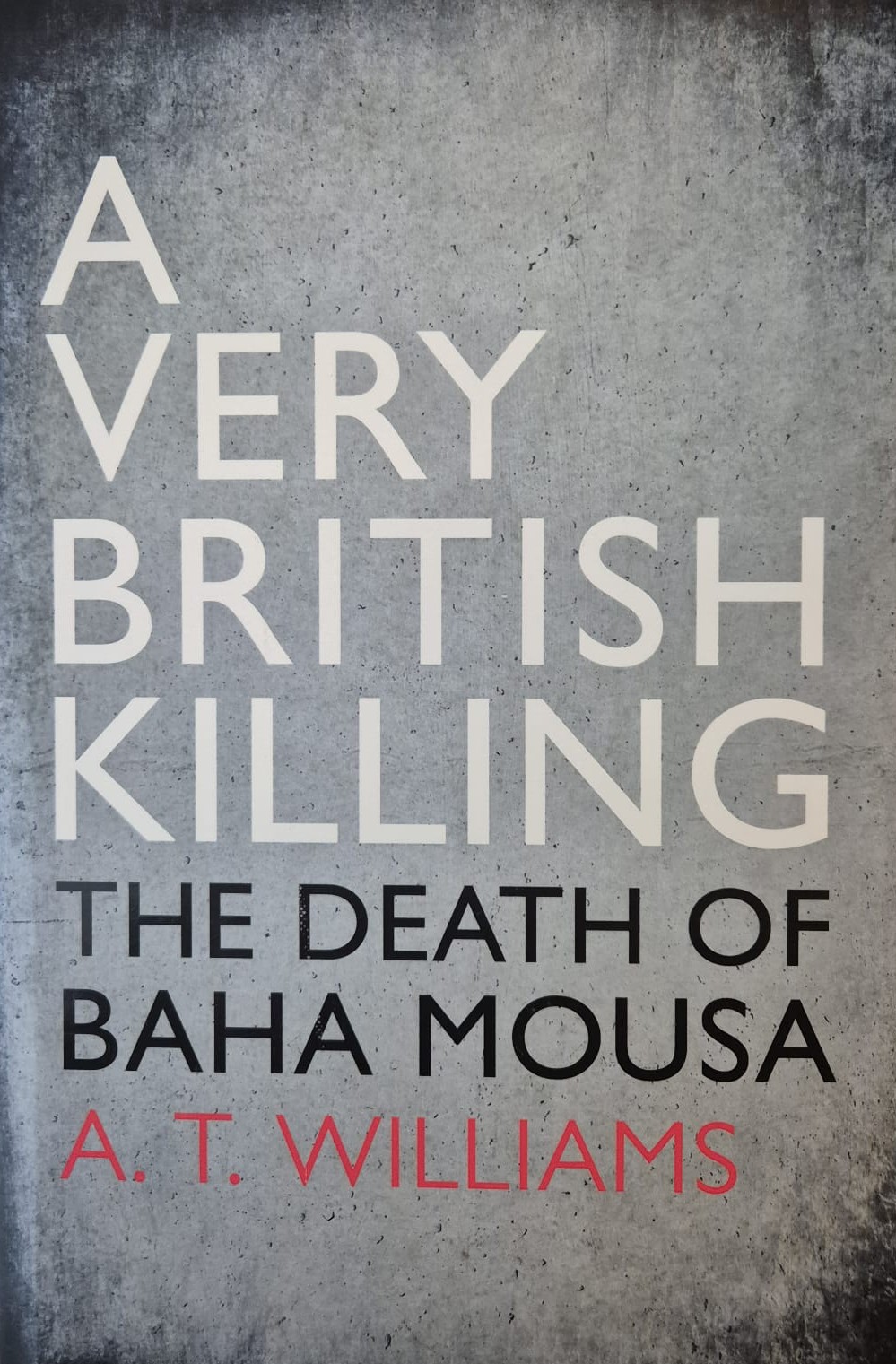
Exposing Britain’s Depravity in Iraq: A.T. Williams’ A Very British Killing: The Death of Baha Mousa
In September 2003, British soldiers in Anzio Company, in the First Battalion Queen’s Lancashire Regiment, beat an Iraqi civilian to death; his name was Baha Mousa, and he was a 26-year-old father-of-two, who worked as a hotel receptionist in Basra.
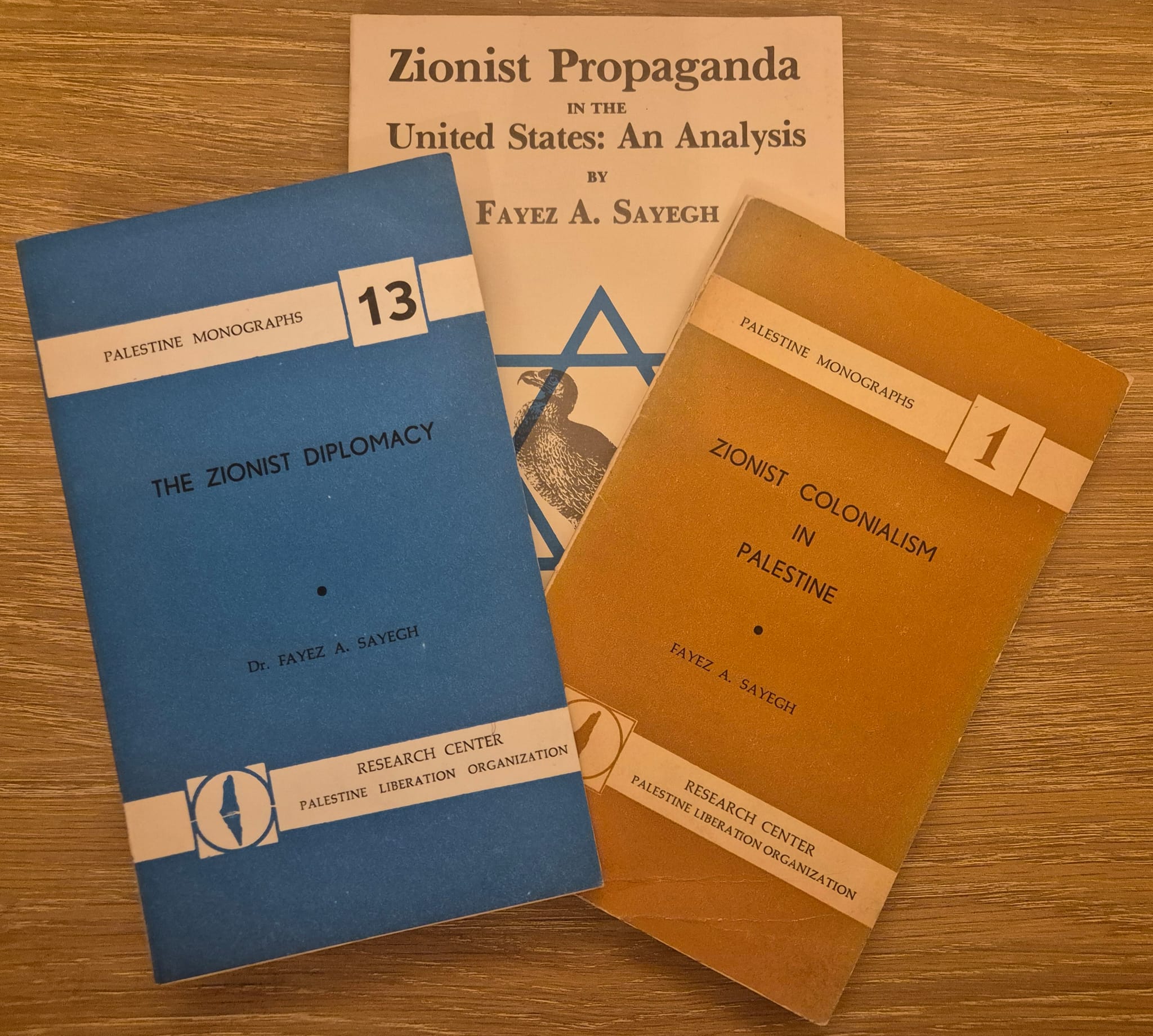
“The being of Israel is the non-being of Palestine”: Understanding Zionism through the Work of Fayez Sayegh
In sum, the being of Israel is territorial expansion, an expansion that occurs through encroachment wars. The development of the Zionist movement is then the de-development of Palestinian society. And this de-development is instantiated and perpetuated through bombing and genocide, but also in part through racist legal, educational, and labor policies, the net effect of which is the excision of Palestinian Arab society from modern industry and technology.

On Algeria’s Moderate Colonizers: Elias Murqos’ The French Communist Party and the Algerian Cause
In this regard, many of the arguments against Algeria’s independence by the FCP uncannily mirror the strategies that the Western political establishment (particularly the US’s Democrats), and Israelis opposed to Netanyahu’s government, have employed alongside their violence on Palestinians.

The Lost Subject - The Role of the Working Class in Post Independence Africa: Issa Shivji’s Class Struggles in Tanzania
The role of the working class in post-independence political change in Africa has been systematically excluded or ignored by even the greatest writers and activists since the 1960s, and frequently marginalised by a political strategy that excluded the agency of the working class. The great power of Shivji’s 1976 classic is his relentless focus on this lost subject in Tanzania.

An Undying Dream of Sovereignty and Liberation: Anouar Abdel-Malek's Egypt: Military Society
The Zionist entity’s genocide in Gaza has heightened the need to understand the role of Egypt in the Arab World, notably in light of its arrest of activists protesting the genocide and the central role it has played in enforcing the blockade on Gaza since 2007. Since signing the Camp David Accords in 1978, Egypt has become ever more entrenched within the US-led imperialist system, imposing neoliberal economic policies and dismantling its earlier role, during the Presidency of Gamal Abdel Nasser, as a bastion of sovereignty and development in Afro-Asia. It is thus imperative to analyse this era in order to gain historical perspective and allow for a more comprehensive analysis of Egypt’s contemporary condition. Revisiting Anouar Abdel-Malek’s seminal work, Egypt: Military Society: the Army Regime, the Left, and Social Change under Nasser, offers an ideal means through which to gain such an informed perspective.
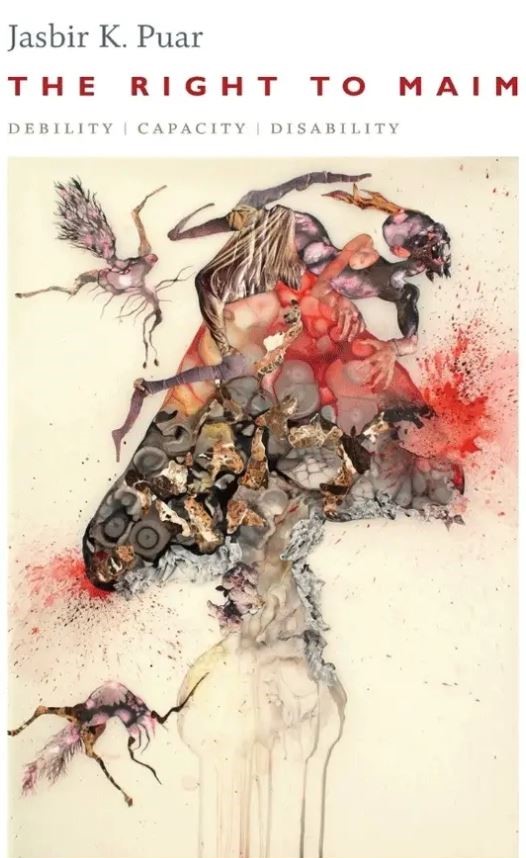
“More Painful Than Death”: Viewing the Palestinian Genocide Through Jasbir Puar’s The Right to Maim
Israel, in its maiming, is attempting to destroy the morale of the Palestinian people and render them too debilitated to fight back. It is that simple. The right to maim is not just about capitalist profit but the aim of meeting no resistance to their violence.
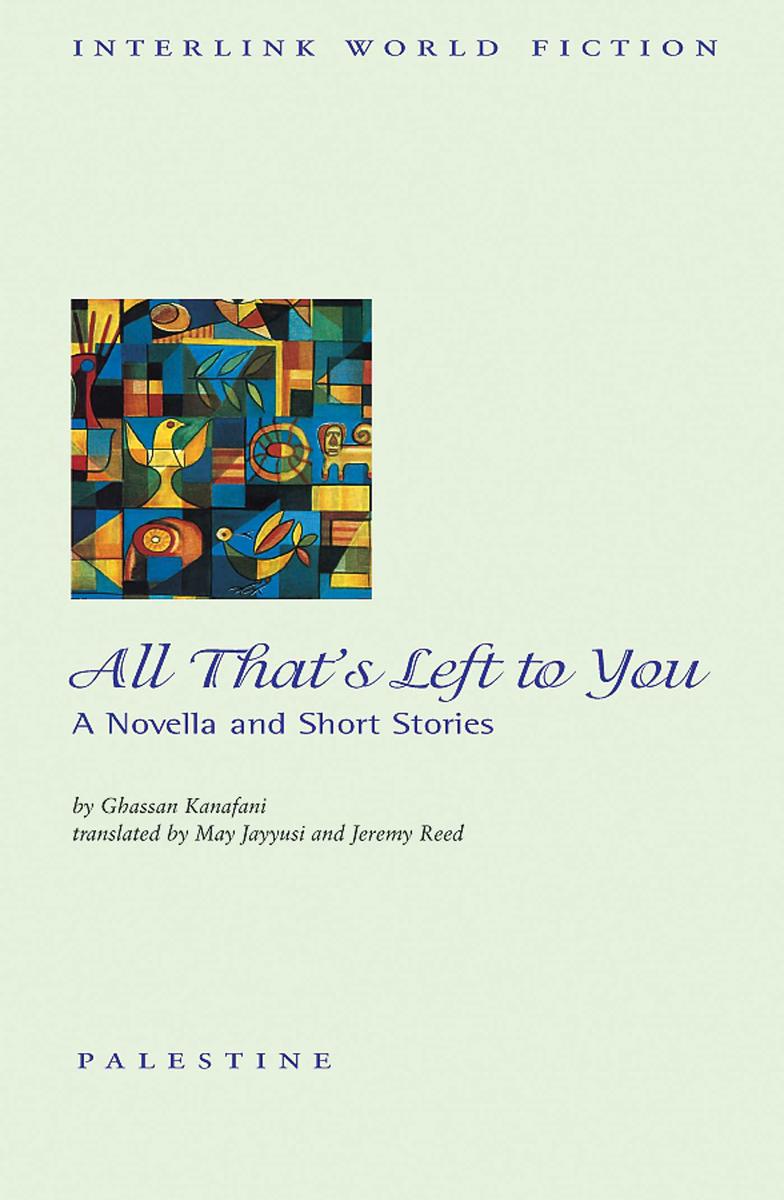
Breaking Down Walls In Ghassan Kanafani’s All That’s Left to You
Kanafani’s short novella encapsulates a “pessimism of the intellect and optimism of the will,” which refuses to either turn away from the brutal reality of colonial occupation or resign the oppressed to the violence of structural determinism.
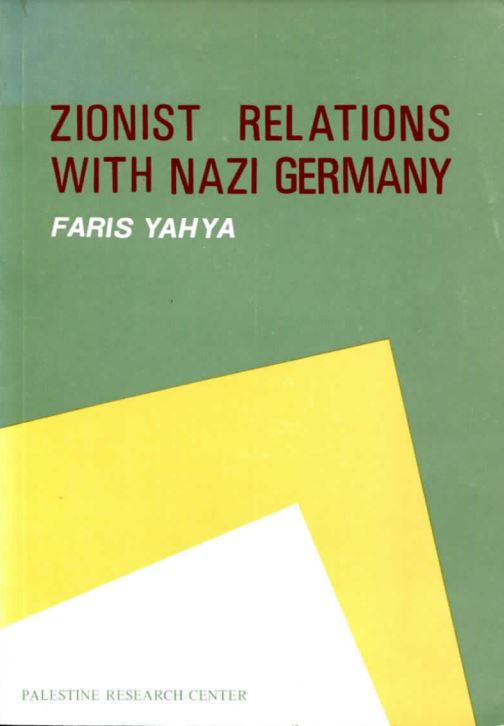
Zionism as a Fascist Ideology and Movement: Zionist Relations with Nazi Germany by Faris Yahya Glubb
In the face of Zionism’s deliberate concealment of its own history, Zionist Relations with Nazi Germany is both a historical corrective and a vitally important tool in the service of anti-Zionist and anti-fascist struggle. As a corrective, Glubb provides historical evidence about the Zionist movement’s history and by extension elucidates Zionism’s historical relationship to reactionary political forces across Europe.
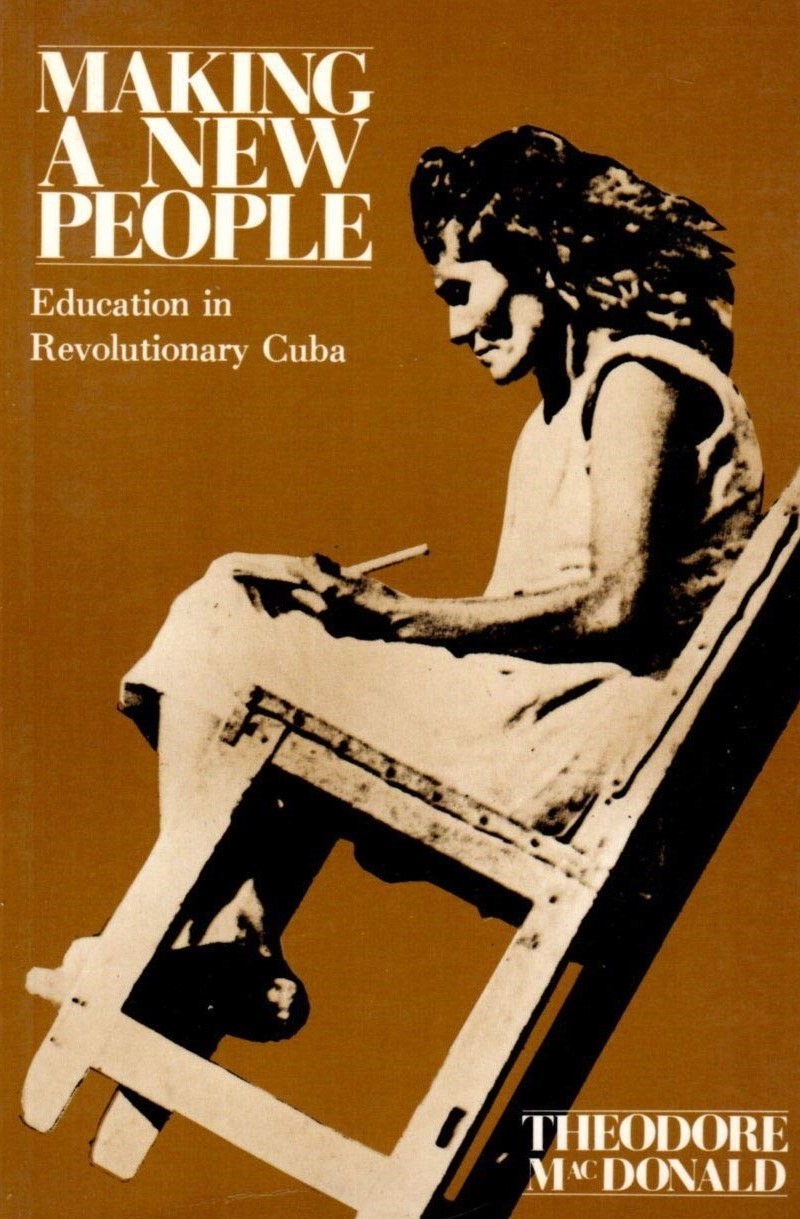
‘The Cuban solution’: Theodore MacDonald’s Making a New People: Education in Revolutionary Cuba
In capitalist societies, schooling is thus transactional, individualist, and willfully blind to alternatives. As MacDonald’s book shows, the Cuban model is not so complacent. It is mature enough to recognize that politics and schooling are inseparable, and to build from that awareness a schooling system that reinforces the values of solidarity and collectivism over individualism and competition. By reading Making a New People, anyone interested in educational alternatives can gain a deeper understanding of how it was possible for the Cuban model to emerge, why it was popular, and why it remains so to this day.
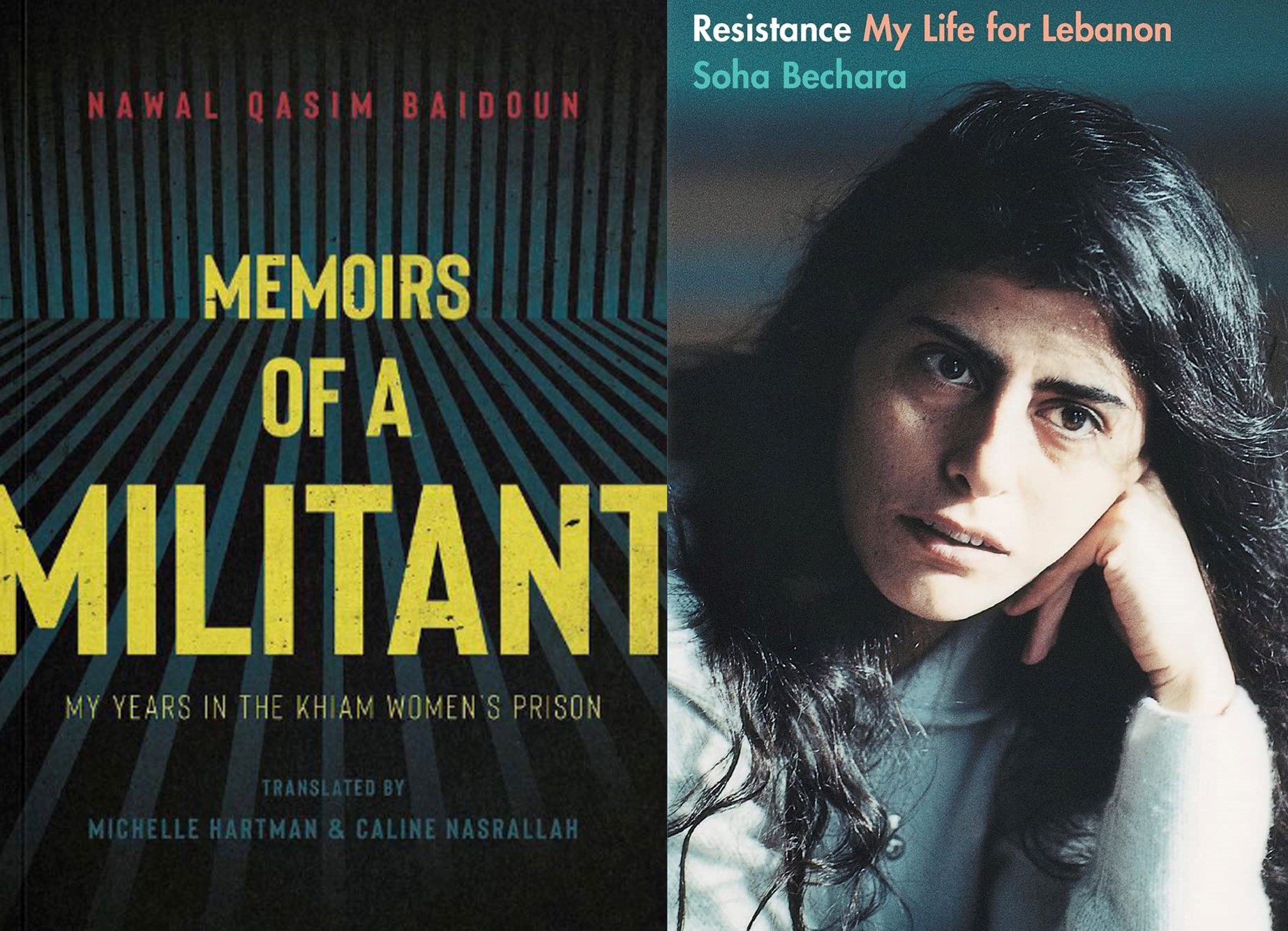
Resistance and Revolutionary Will: Soha Bechara and Nawal Baidoun’s Testimonies of Khiam Prison
Neither Baidoun nor Bechara believes they have to prove their humanity, which is to say their right to resist. Had they questioned it, they wouldn’t have deemed their lives worthy of struggle in the first place. That these books might humanize a people in their readership’s eyes isn’t what prompted either woman to write down her story.
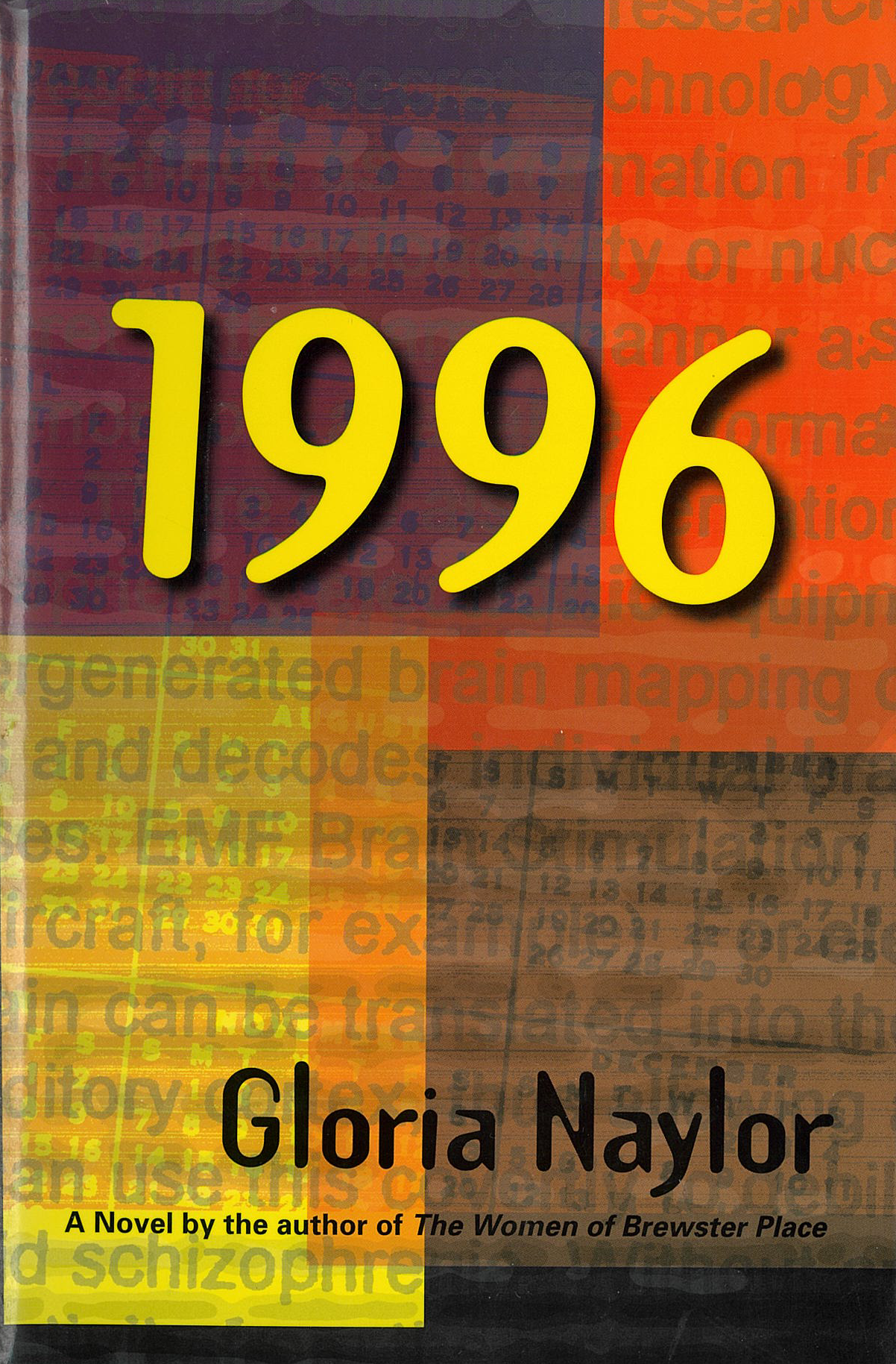
On Surveillance, Conspiracy Theories, and Controlling the Narrative: Gloria Naylor’s 1996
1996 is not a true story, and that it never could have been is precisely the point. It does, however, contain truths about how our world works. Our national security sector and law-enforcement agencies have far-reaching surveillance capabilities, a century-old playbook of inhumane harassment and infiltration techniques, and safe distance from the reach of representative democracy.
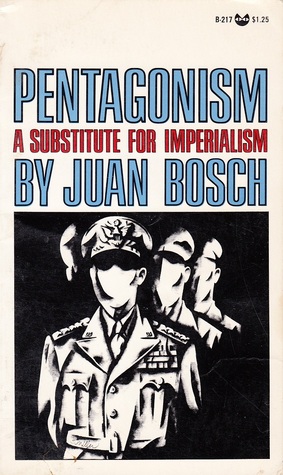
Defense Contracts as Limitless Loot: Juan Bosch’s Pentagonism
Bosch argues that capitalism has transcended imperialism and leveraged a new scheme he dubs "pentagonism". "Pentagonism" is a metonymy for the collective action of a cabal of bankers, industrialists, businessmen, journalists, scientists, advertisers, generals, and politicians who conjure up national security threats in order to justify, and subsequently profit from, military spending.
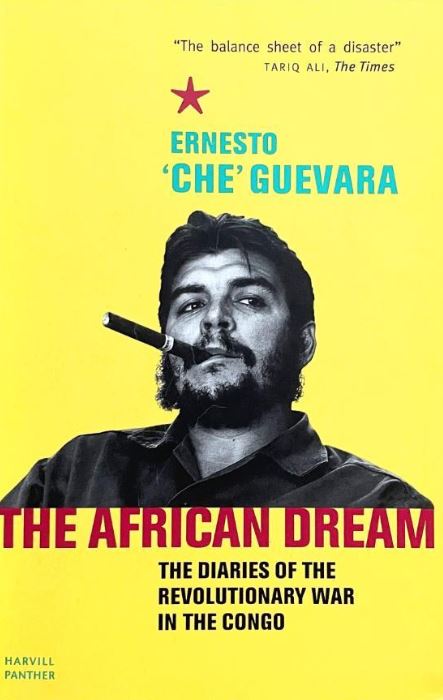
The Question of Proletarian Internationalism: Che Guevara’s The African Dream
Che Guevara begins the diary of his seven-month incursion in Congo-Kinshasa during the 1963-65 Simba Rebellion with self-criticism: “This is the history of a failure”. If we only cared about the outcome of the expedition, we could stop at this line. But the next should pique our curiosity: “this account [may] have…certain experiences… that might be useful to other revolutionary movements”
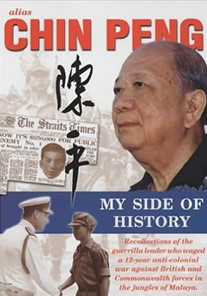
Unveiling the Violence of the British Imperialist War in Malaya: Chin Peng’s My Side of History
Chin Peng, the nom de guerre of a former leader of the Communist Party of Malaya (CPM) who lived in exile for decades in Thailand and was once declared the British Empire’s public enemy number one, remains a controversial figure to this day. Not only did the Malaysian government deny him citizenship until his last breath, it also prohibited his ashes from being brought back to Malaysia when he died in 2013. However, just as Chin Peng managed to move around undetected between Malaya, Singapore, Vietnam, and Thailand during the height of imperialist wars in Southeast Asia, his ashes, too, somehow managed to find their way back to the country that he longed for, six years after his death.
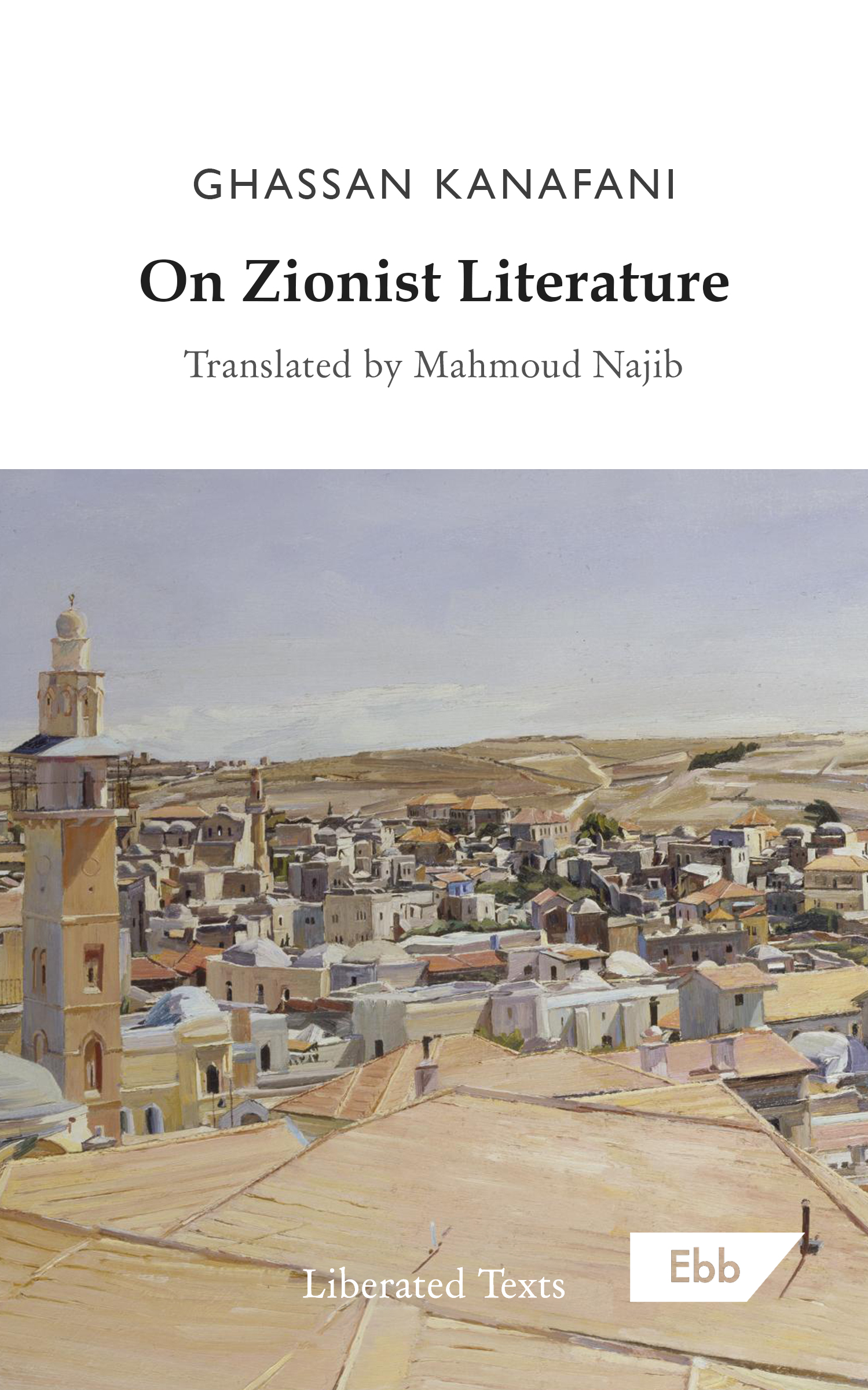
The Revolutionary as Critic: Ghassan Kanafani’s On Zionist Literature
Ghassan Kanafani doesn’t lend himself to easy categorization. He is well-known to Palestinians, and to those interested in Palestine, but not as a singular figure. He was a Marxist revolutionary, a party spokesperson, a novelist, a political theorist, a schoolteacher, an artist, a newspaper editor, and a committed internationalist. These disparities of perception befit Kanafani’s heterogeneous life, and he was accomplished in each of these roles. Kanafani is less known for another vocation at which he also excelled: literary criticism.
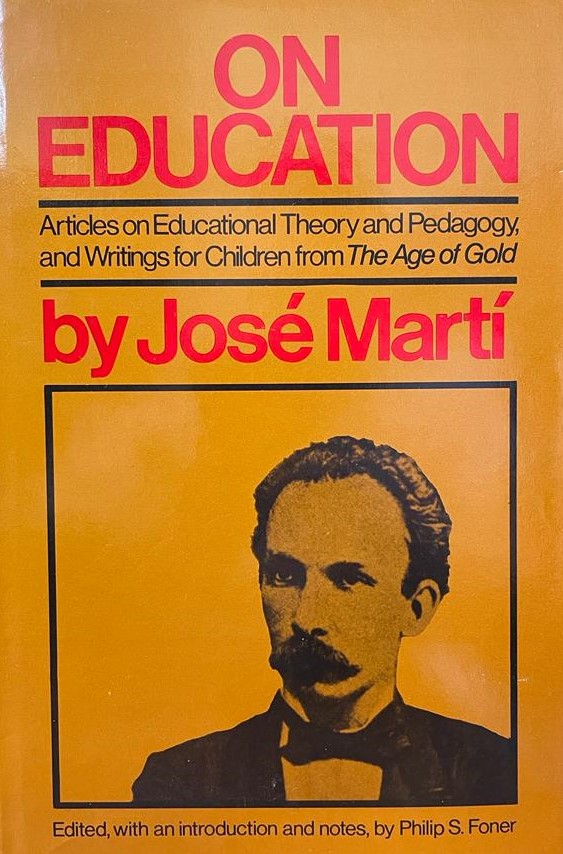
Pedagogue of the Revolution: José Martí's On Education
What makes On Education so remarkable is not only the clarity with which Martí articulates and prefigures a transformative education, but that he does so as a revolutionary, organiser, and perpetual exile.
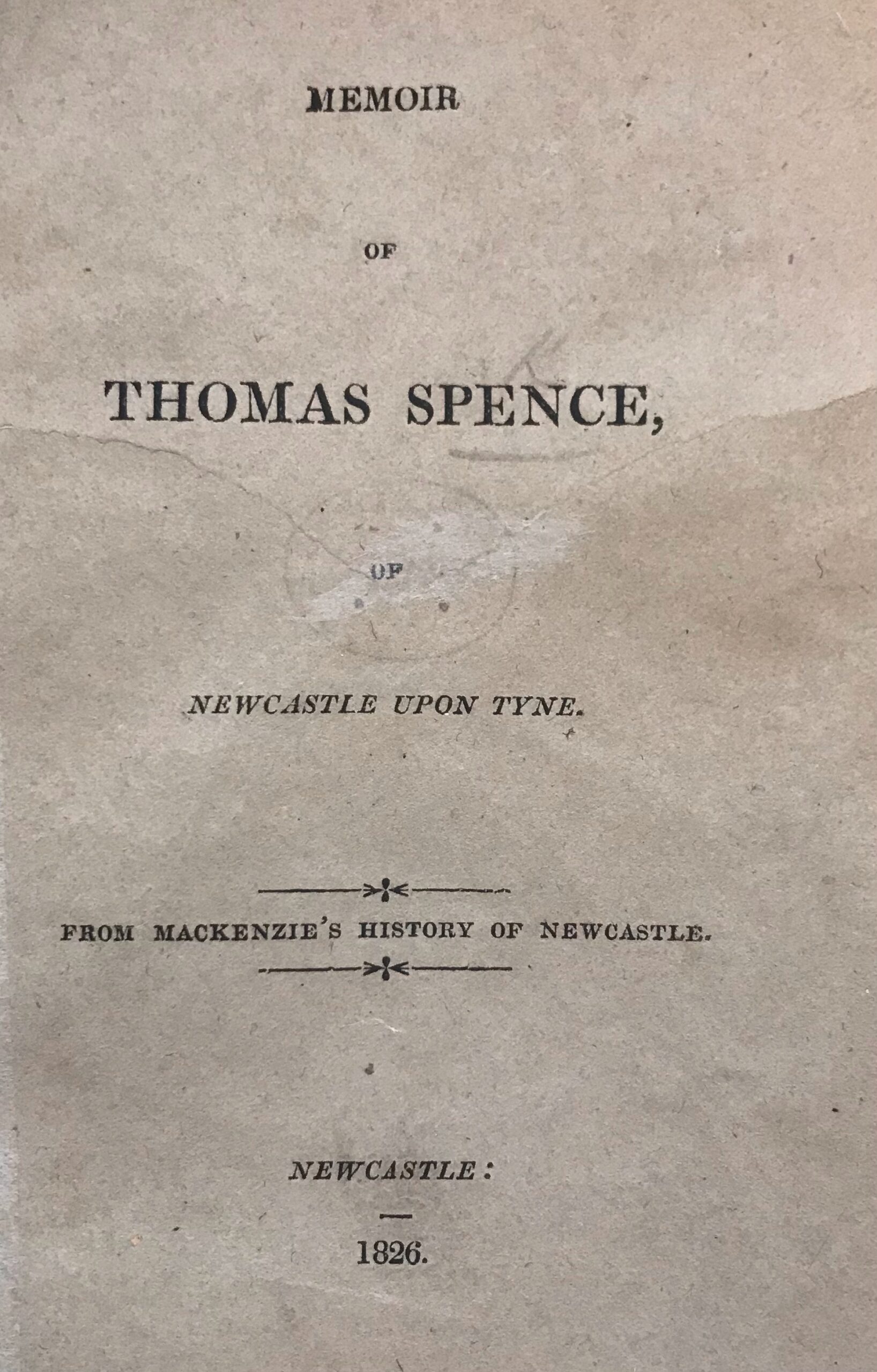
Pearls for Pigs: The Political Writings of Thomas Spence, Revolutionary Author and Publisher
Spence’s writings, by detailing a political scheme which was anti-individualistic, anti-proprietary, anti-state, and anti-imperialist, conveyed a radical critique of possessive and colonial modernity in the middle of the modern age. More particularly, his Plan provided a lens through which a critical rethinking of capitalism and colonialism could be outlined by offering alternatives to both in the years of their very making, rise, and development.

The Jews as People-Class — Abram Leon’s The Jewish Question: A Marxist Interpretation
An expansive and theoretically rigorous study of some two millennia of Jewish history, Leon’s work is distinguished even further by the fact that it was written while the author, a Jew, was leading the Trotskyist underground movement in German-occupied Belgium. After two years under the constant threat of deportation, Leon was arrested by German police while relocating to the southern Charleroi region for party work. He was murdered at Auschwitz in late 1944 aged only 26.
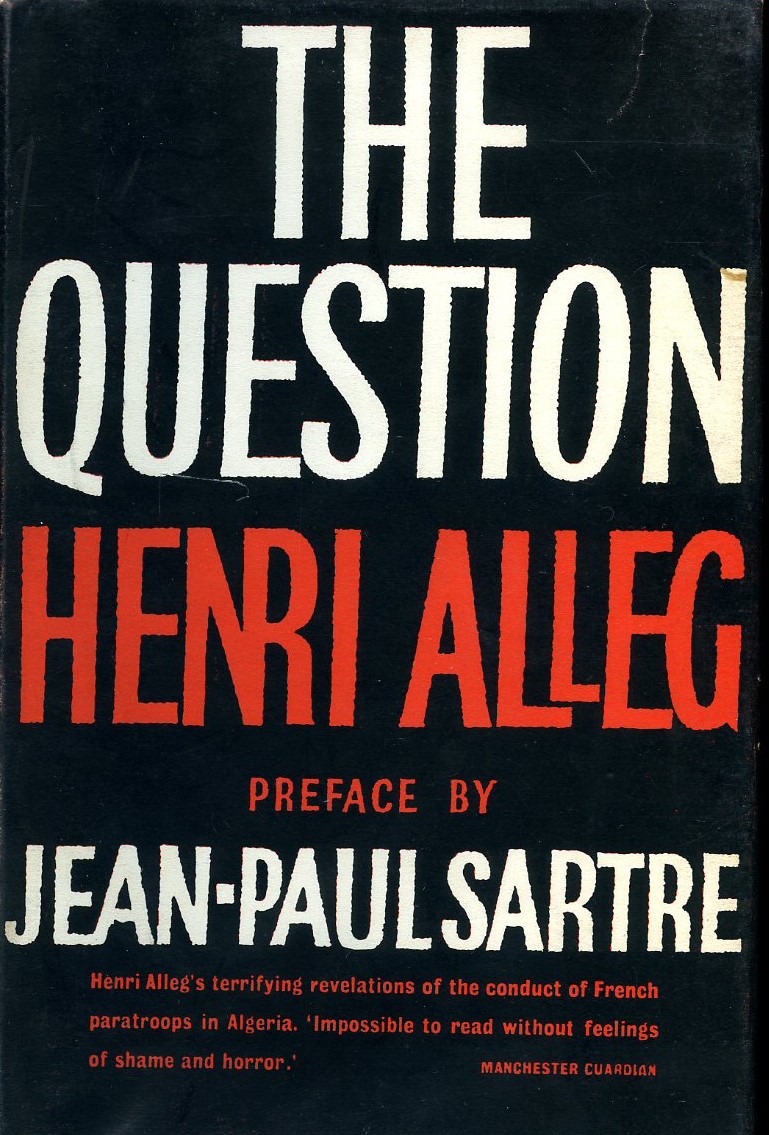
Torture in French-Occupied Algeria: Henri Alleg’s La Question
La Question remains a vital first-hand account of the vile lengths the state will go to oppress the enemies of imperialism. It is also a testament to the astounding courage individuals are capable of in the midst of so much brutality, inhumanity, and madness. But above all else, it demonstrates the revolutionary power inherent in books. Its influence is not merely theoretical—this is a book that has literally saved lives—and we must resist those who have worked for decades to rationalize torture and obscure what it revealed, by having the courage to read and remember all that Alleg experienced himself.
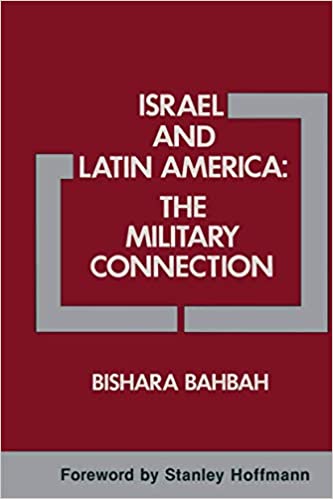
Profiting from Terror in Cold War Latin America: Bishara Bahbah’s Israel and Latin America: The Military Connection
After supplying death squad regimes in the 1970s and 80s, Israel’s arms industry helped create the conditions that have prompted tens of thousands of Central American refugees to flee their homelands in the past fifteen years. They fled the consequences of “Uzi diplomacy,” only to encounter the Palestine-Mexico border, the site where their past and the present converge.
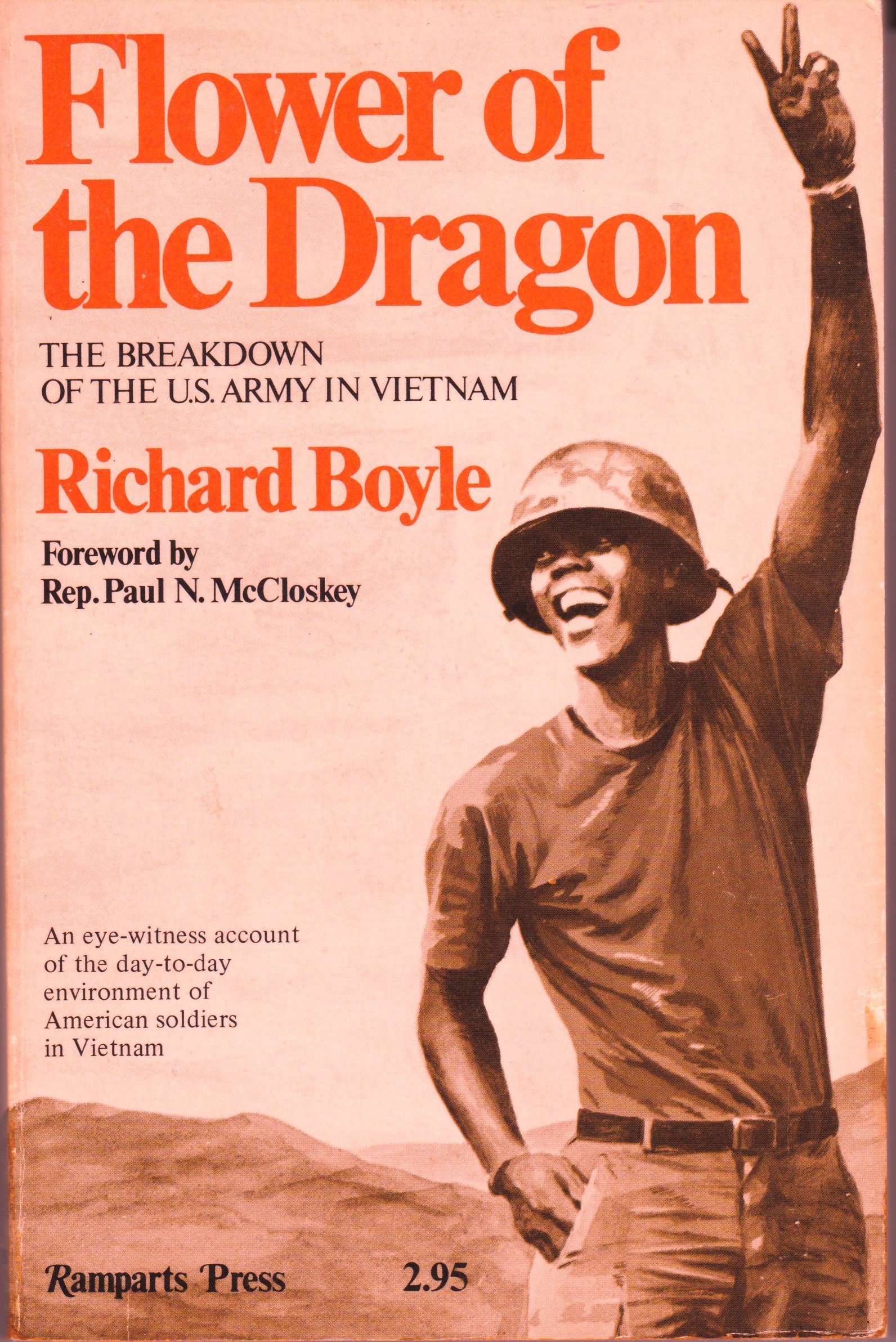
Mutiny in Vietnam: Richard Boyle’s Flower of the Dragon: The Breakdown of the U.S. Army in Vietnam
Reading Boyle’s book helps us excavate a moment in the history of the American military where its commanders were terrified that a growing consciousness in its conscripted members could be hitched to the ideological leadership of a movement ready to cut off the head of the snake of the American Empire.
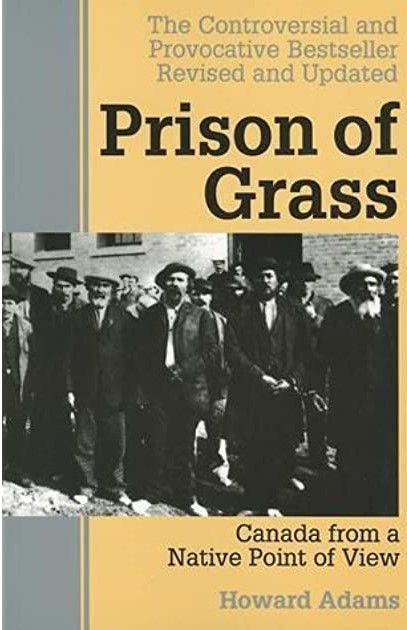
The Capitalist Roots of Anti-Indigenous Racism in Canada: Howard Adams’ Prison of Grass
Prison of Grass is a remarkable book that combines autobiographical reflections with an elaborate and illuminating analysis, rooted in historical materialism, of the origins and perpetuation of anti-Indigenous racism in Canada.
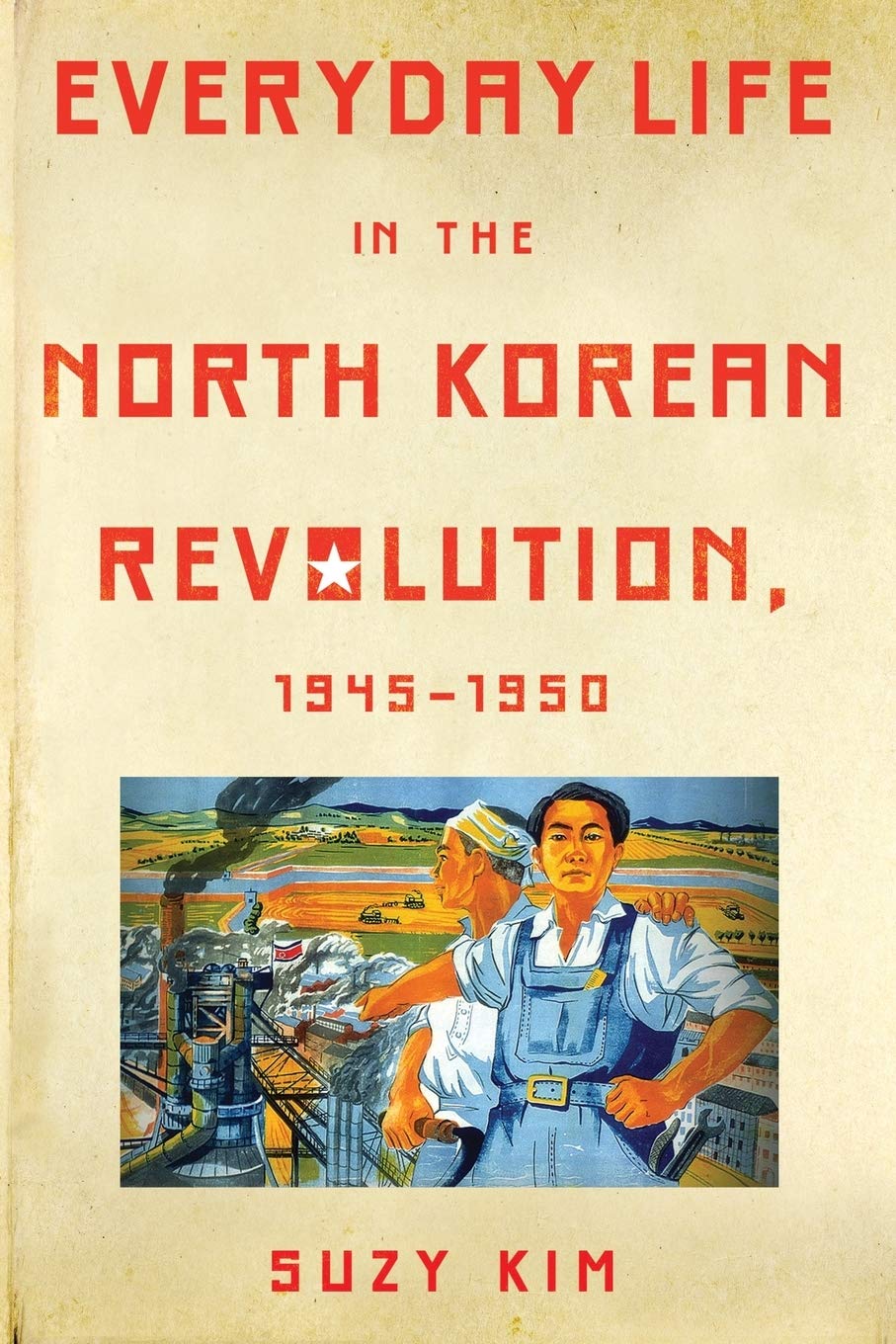
Socialist Construction in Korea: Suzy Kim’s Everyday Life in the North Korean Revolution, 1945-1950
Few countries on earth have been subjected to a propaganda campaign as relentless and far-reaching as the Democratic People’s Republic of Korea. Although demonization of the DPRK can be traced back to its founding in 1948, “North Korea” has occupied an unenviable position of regular vilification in contemporary western media since George W. Bush denounced it as part of the “Axis of Evil” in 2003.
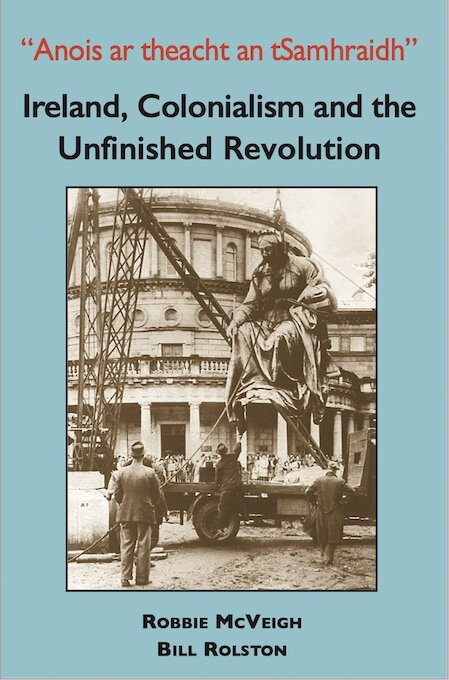
Ireland’s Struggle for Self-determination: Robbie McVeigh and Bill Rolston’s Ireland, Colonialism and the Unfinished Revolution
Their scholarly apparatus is hugely impressive and McVeigh and Rolston offer an enormous number of examples drawn from world history. Despite this, the book has not received the attention it deserves and has not yet been reviewed in any major publication. What follows intends to rectify this state of affairs.
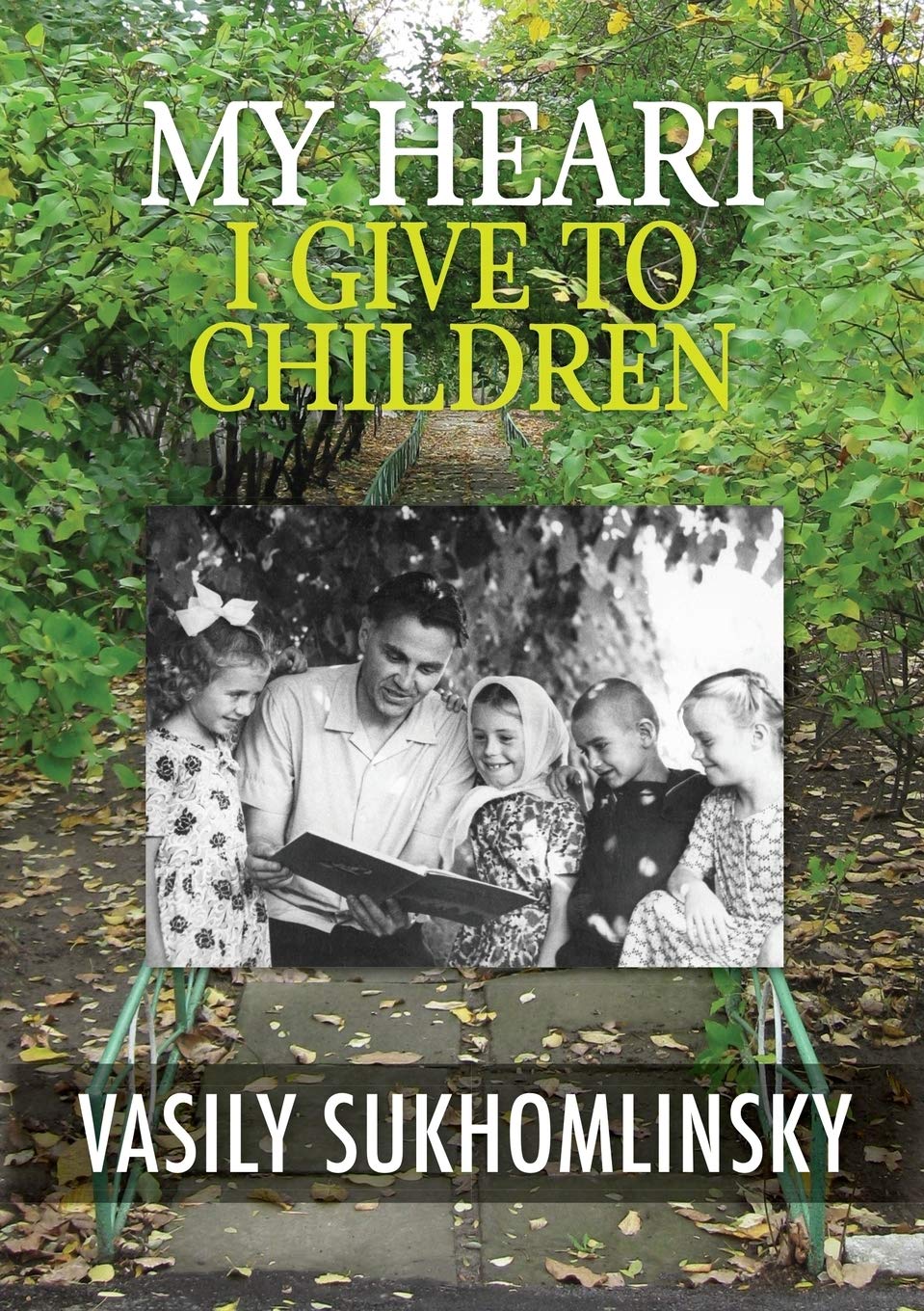
A Pedagogy of Nature: Vasily Sukhomlinsky's My Heart I Give to Children
My Heart I Give to Children must be considered against this tragic backdrop. What emerges from its pages is a story of a community torn apart by the horrors of war, who then found a path to collective transformation through Sukhomlinsky’s healing pedagogy of nature.
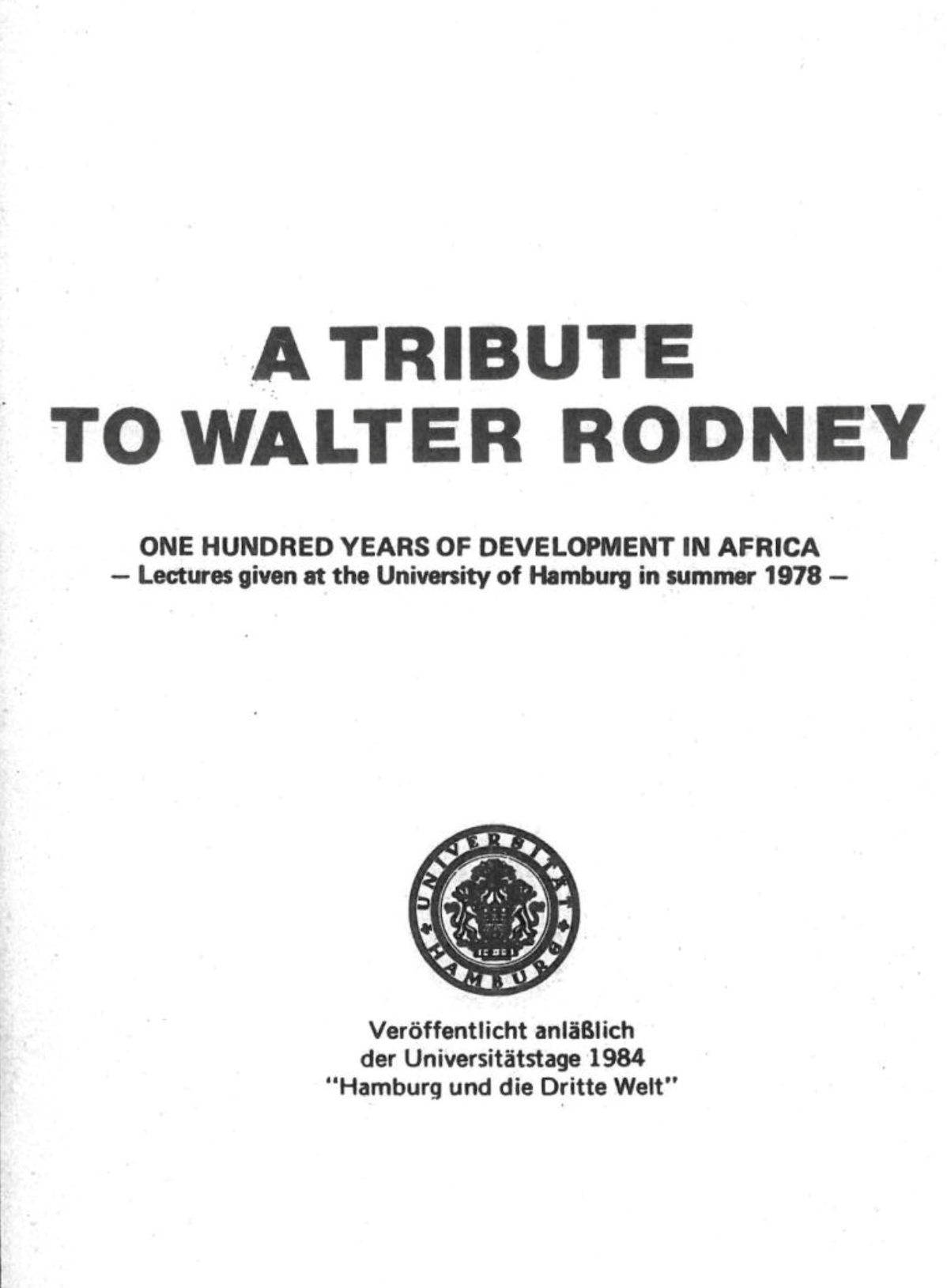
Walter Rodney’s Lost Book: One Hundred Years of Development in Africa
One of the most astonishing books that Walter Rodney – the Guyanese revolutionary and historian – ever wrote was published several years after he was assassinated on 13 June 1980. The story of this book and how it came to be published is almost as remarkable as the life of the revolutionary himself.
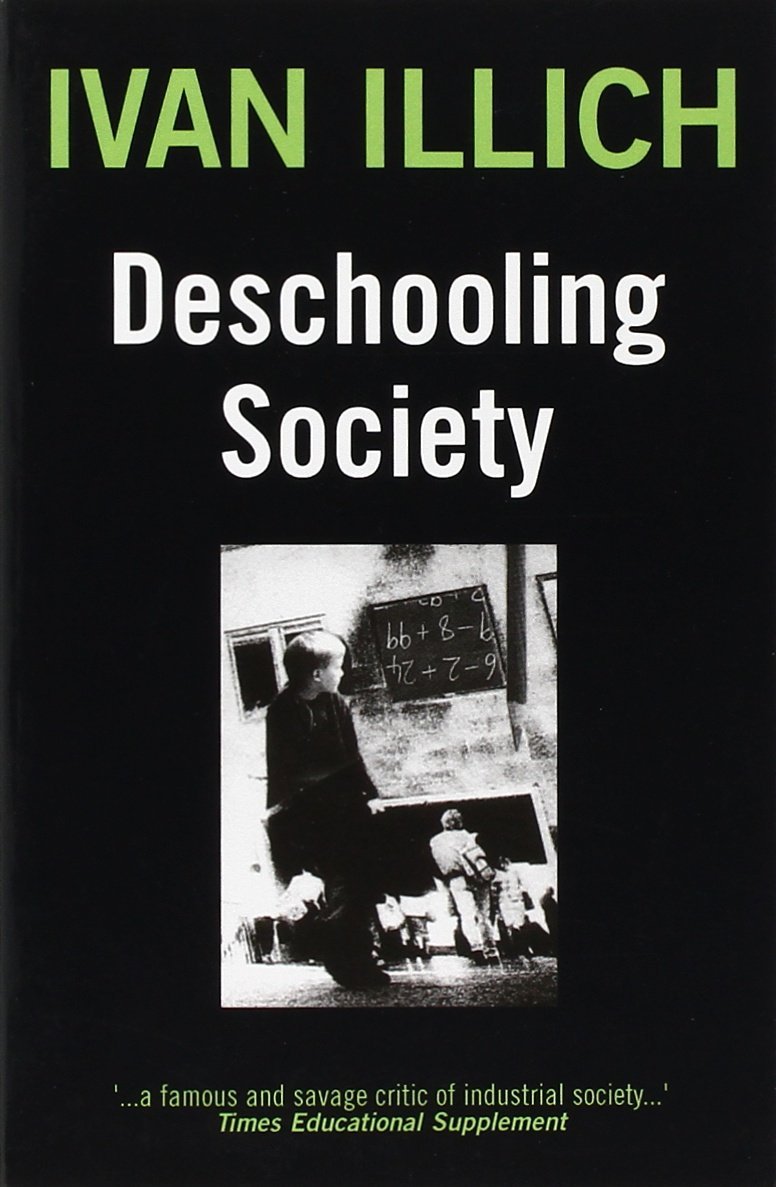
Reading Ivan Illich’s Deschooling Society in the Neoliberal University
The education machine is also a cooptation machine: “Having a monopoly on both the resources for learning and the investiture of social roles, the university coopts the discoverer and the potential dissenter.” And the hidden curriculum of university is an education in consumption, “imposing consumer standards at work and at home”.
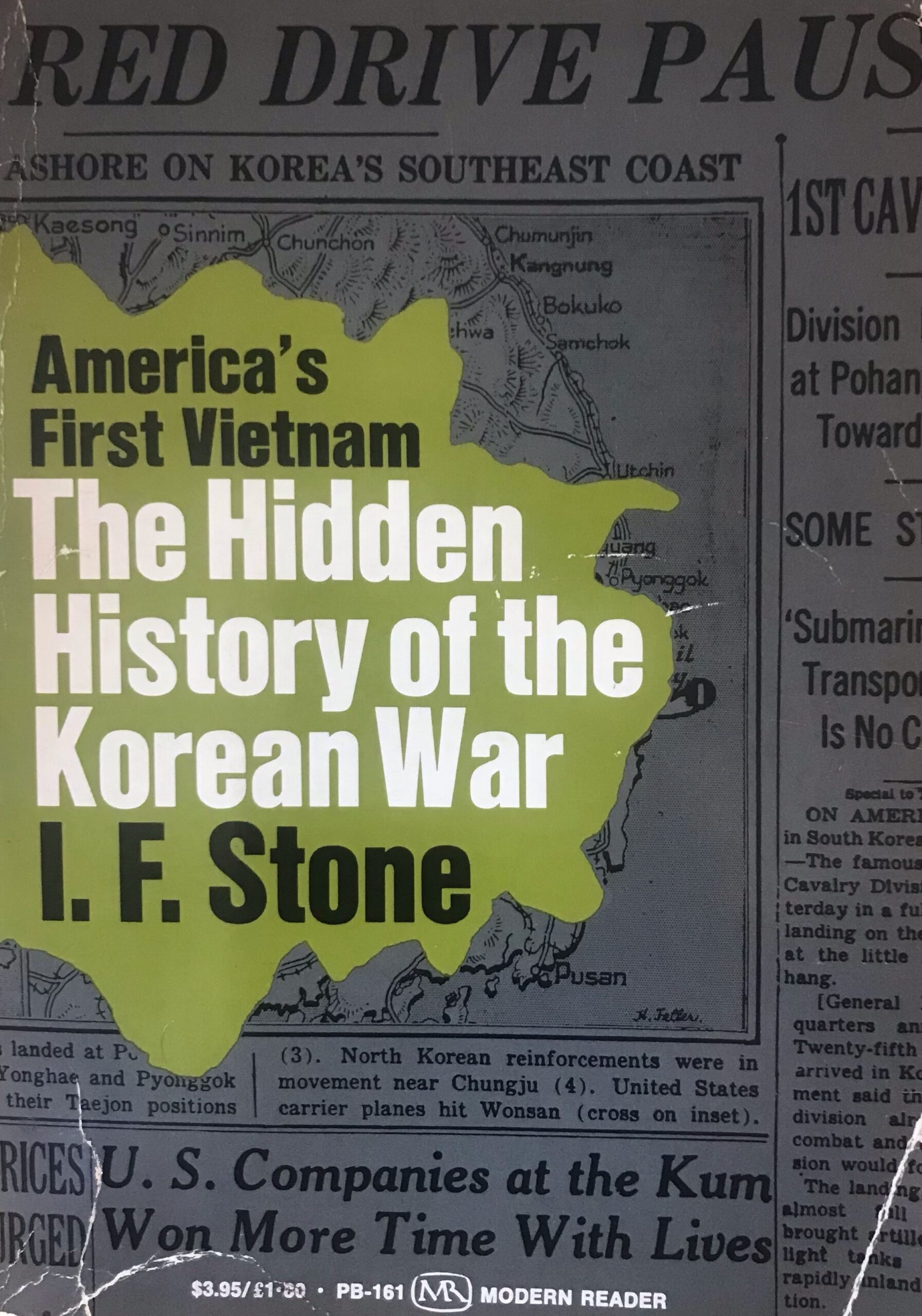
Penetrating Curtains of Deceit: I.F. Stone’s The Hidden History of the Korean War
There are at least four major reasons that make Stone’s book enduring: the crucial role of the Korean War, the concept of “limited war” as a proportional instrument of imperial power, the role of local clients within the broader canvas of imperialism, and the false narratives of imperialism that validates the book’s title of “Hidden History”.

Reflections on Workers’ Organization: Makhan Singh’s History of Kenya’s Trade Union Movement to 1952
Singh’s History of Kenya’s Trade Union Movement therefore provides an important historical source for inspiration and organization for workers against capitalism and imperialism, and a critical source of reflection for those engaged in the pursuit for social justice in Kenya and beyond.

A History of the Anonymous Masses: Rosemary Sayigh’s Palestinians: From Peasants to Revolutionaries
Because of the geopolitical forces invested in the Zionist entity’s existence, Palestinian nationalism is necessarily a revolutionary project. With great care and empathy, Sayigh traces its development from the countryside to the overcrowded camps of Beirut.
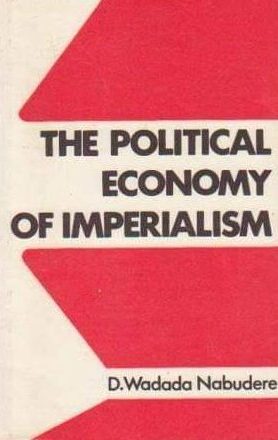
Insurgent Theory in Times of Crisis: Dani Wadada Nabudere’s The Political Economy of Imperialism
Nabudere grasped very early on the central role of international financial institutions in providing a cover for imperialist interests and providing transnational corporations with the illusion of diffuse power through a discourse of global value chains – while continuing to enable imperialist modes of accumulation based on the transfer of value from the periphery to the imperialist core.
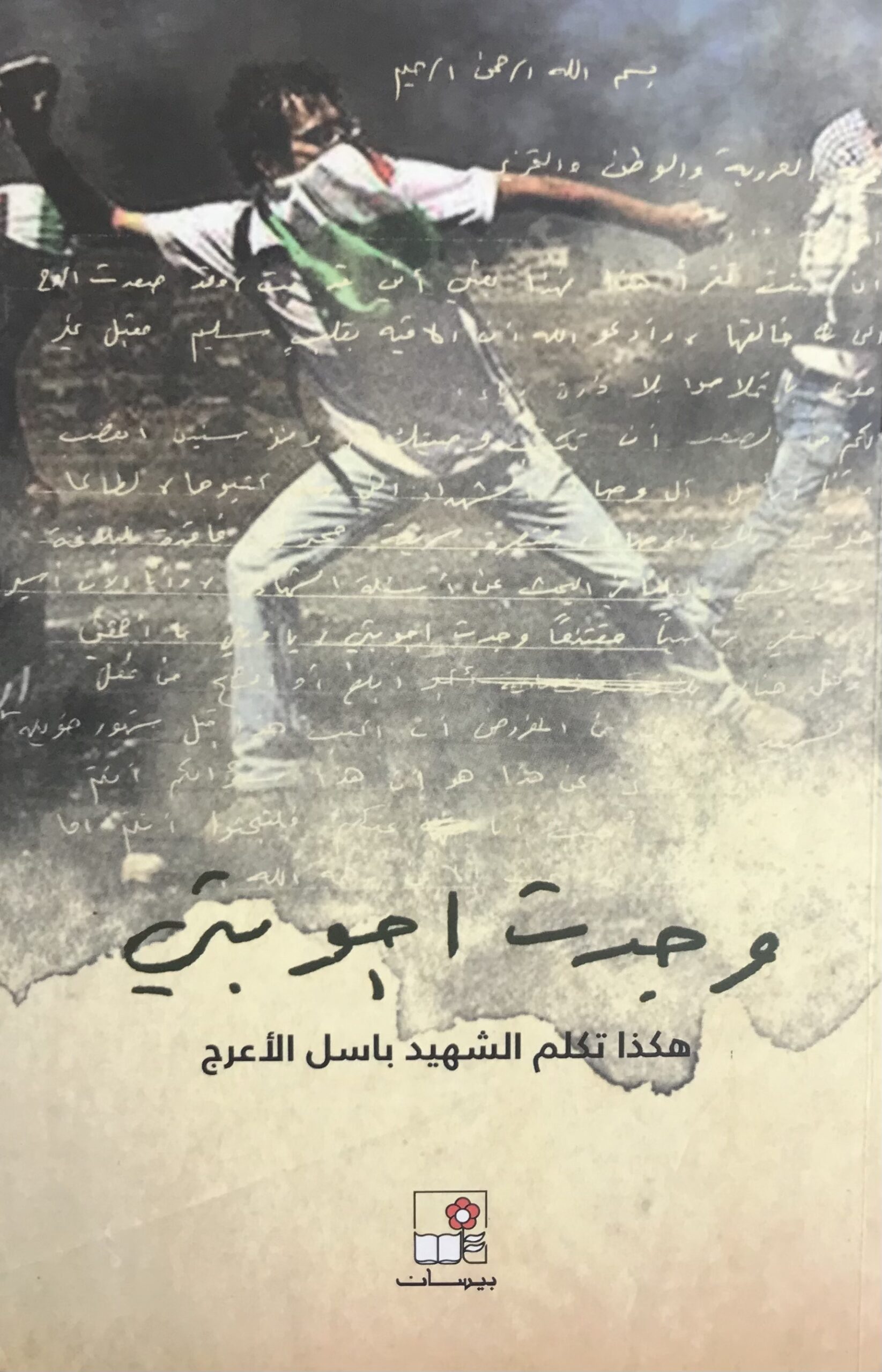
Liberation, Wonder, and the ‘Magic of the World’: Basel al-Araj’s I Have Found My Answers
Here a key thrust of Basel’s approach to his revolutionary scholarship is made clear: it isn’t historical analysis as academic exercise or to fill a gap in the literature. And though it may be instructive on an organizational level, its real value is in its potential to transform the way we look at, and interpret, the world around us. Whether it’s through reinterpreting the past or through juxtaposing our own lives to those in the biographical accounts, Basel pushes us to rethink our relationship to such things as authority, the permissible, and the possible.
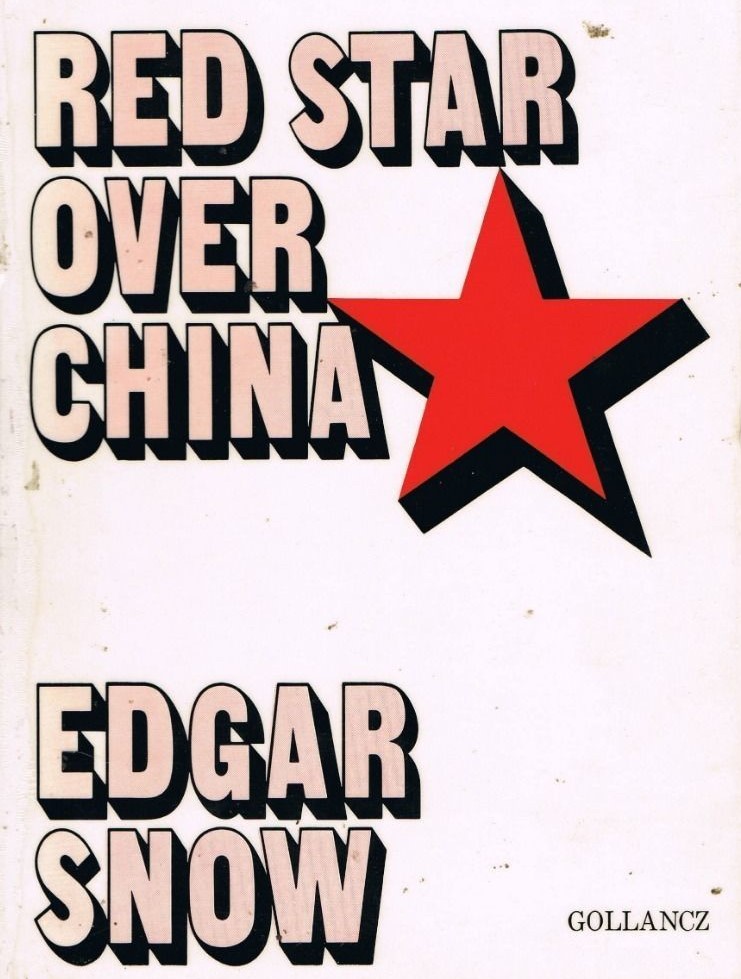
Revolution as Historic Necessity: Edgar Snow’s Red Star Over China
In America, the CIA produced and distributed publications specifically to counter the “sympathetic view of the emerging China as presented by Edgar Snow” and the FBI’s files on him ran to 555 pages as they attempted to determine his political beliefs and the extent of his support for Mao and the Communist Party of China. These files on Snow were regularly passed to McCarthy’s House Committee on Un-American Activities in spite of his own protestations that it was “a lie to state or infer in any way that I am or have ever been a communist.”
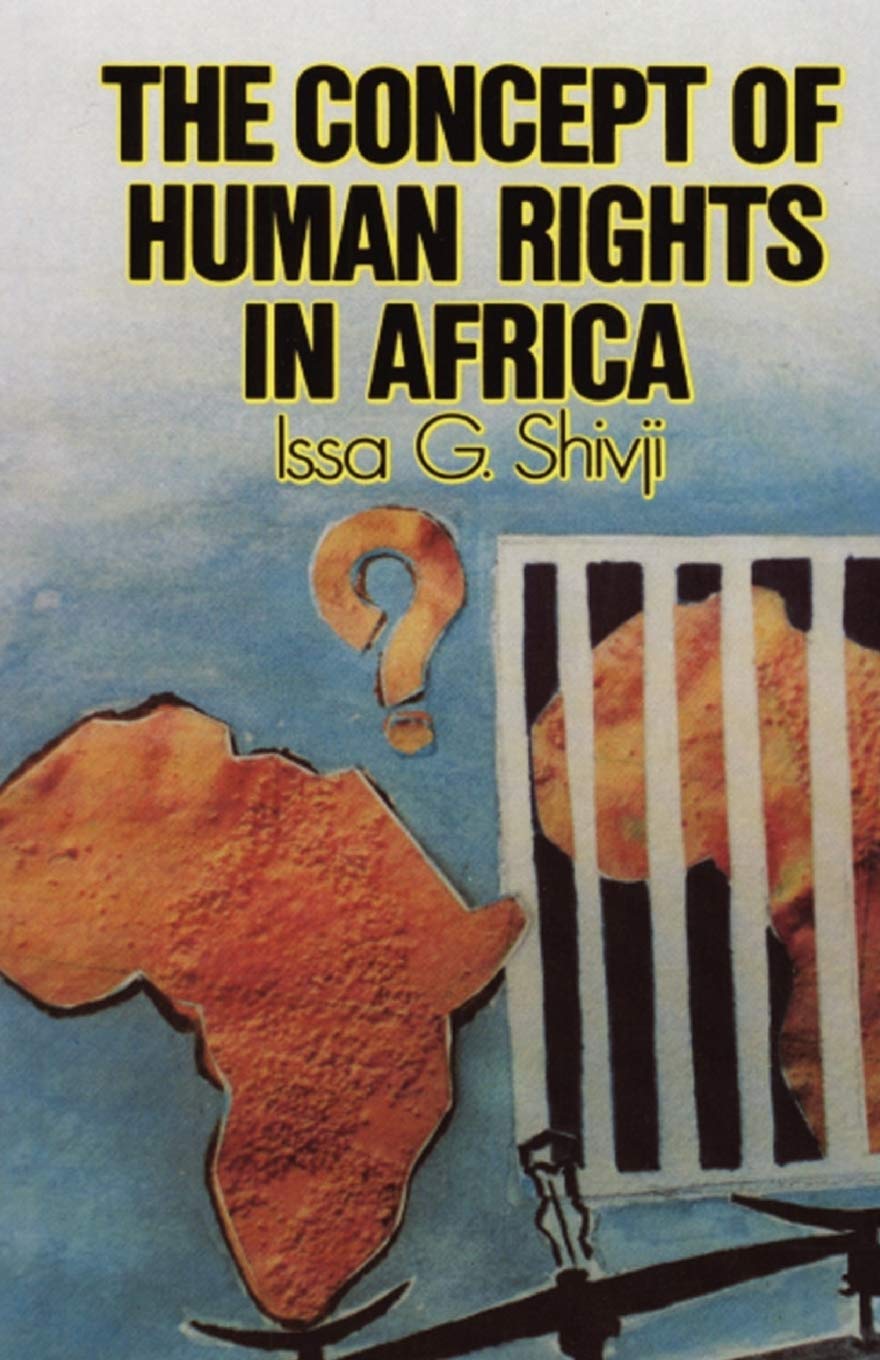
Critiquing Human Rights Like It Matters: Issa Shivji's The Concept of Human Rights in Africa
Much like the Algiers Declaration, Shivji’s work has not received the attention that it merits. This is no doubt in part due to the very relationships of imperial and neo-colonial hierarchy that Shivji himself identified, but it is also because Shivji’s critique of human rights and attempt to reconceptualise human rights in the service of revolutionary struggles, is far less palatable than
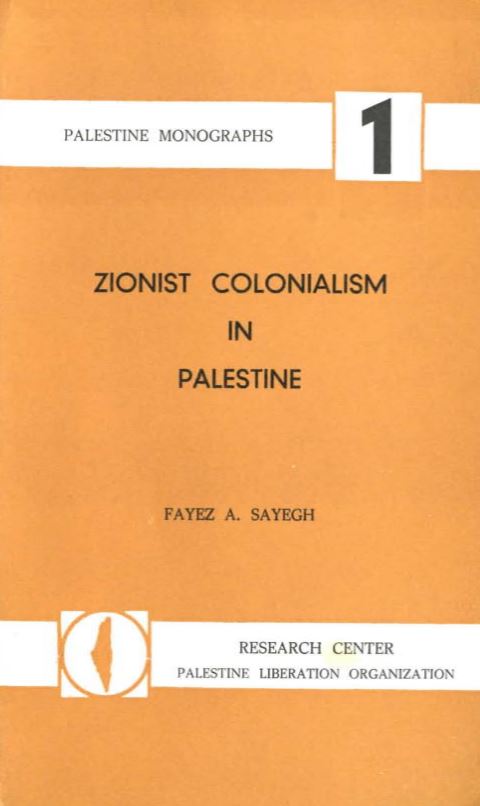
The Cause of Anti-colonialism and Liberation is One: Fayez Sayegh’s Zionist Colonialism in Palestine
Contrary to the liberal-Zionist myth that Zionism began as a noble cause, but has been corrupted and dragged rightwards since 1967, Sayegh explains how Zionism was a colonialist and racist enterprise from its inception. The present climate – in which there is an ongoing campaign by the US and Israeli governments (and affiliated Zionist pressure groups) to conflate anti-Zionism with anti-Semitism and, therefore, delegitimise opposition to Israel, makes the book’s arguments all the more pertinent.
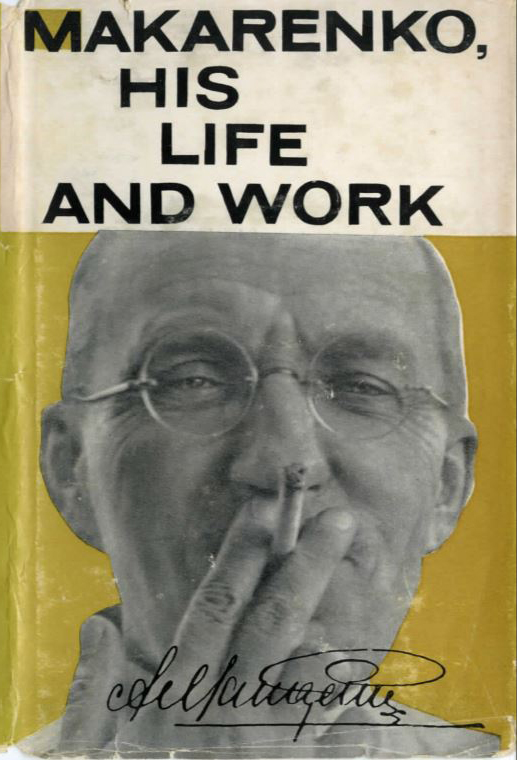
A Pedagogy of the Collective – From the Soviet Union to Latin America: Makarenko, His Life and Work
The purpose of Makarenko’s pedagogy of the collective was to instil a sense of community and duty to each other, of humility and mutual respect, of interdependence and communal self-governance. In short, it was itself a revolution against the arrogance and individualism that so characterises capitalist ideology. From this perspective it becomes clearer why Makarenko’s counter-hegemonic methods have gone largely unacknowledged in the Western world.
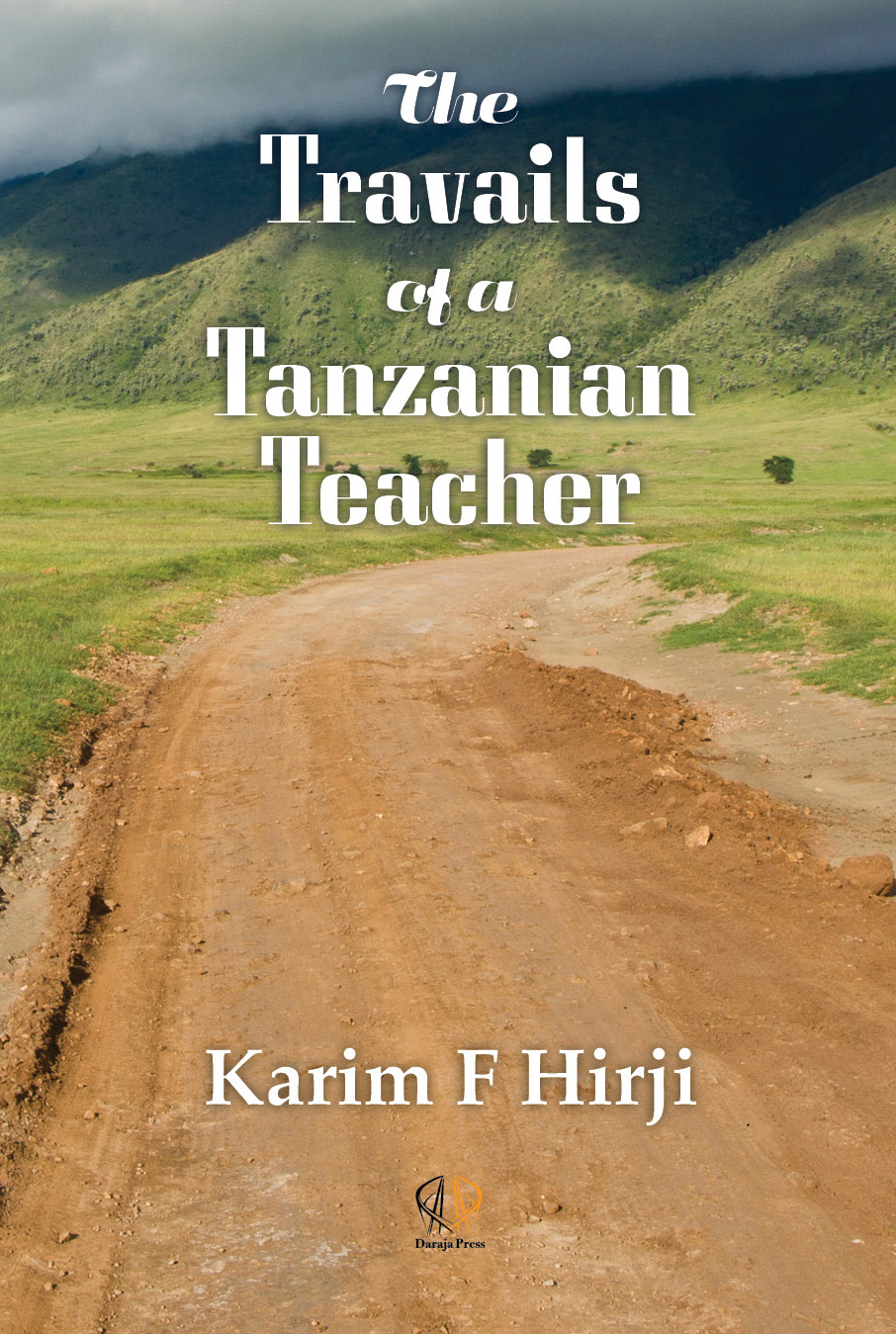
African Socialism in Retrospect: Karim Hirji’s The Travails of a Tanzanian Teacher
Tanzania in the 1960s and 1970s was a beacon of progressive politics on the African continent. The country served as a base for Southern African liberation movements as a key "front-line state", and assumed the mantle of Pan-African leadership in the aftermath of the coup against President Nkrumah of Ghana in 1966. As such, it attracted radical scholars and activists from all across the African diaspora, including Walter Rodney, Malcolm X, and Kwame Ture.[1] Under i
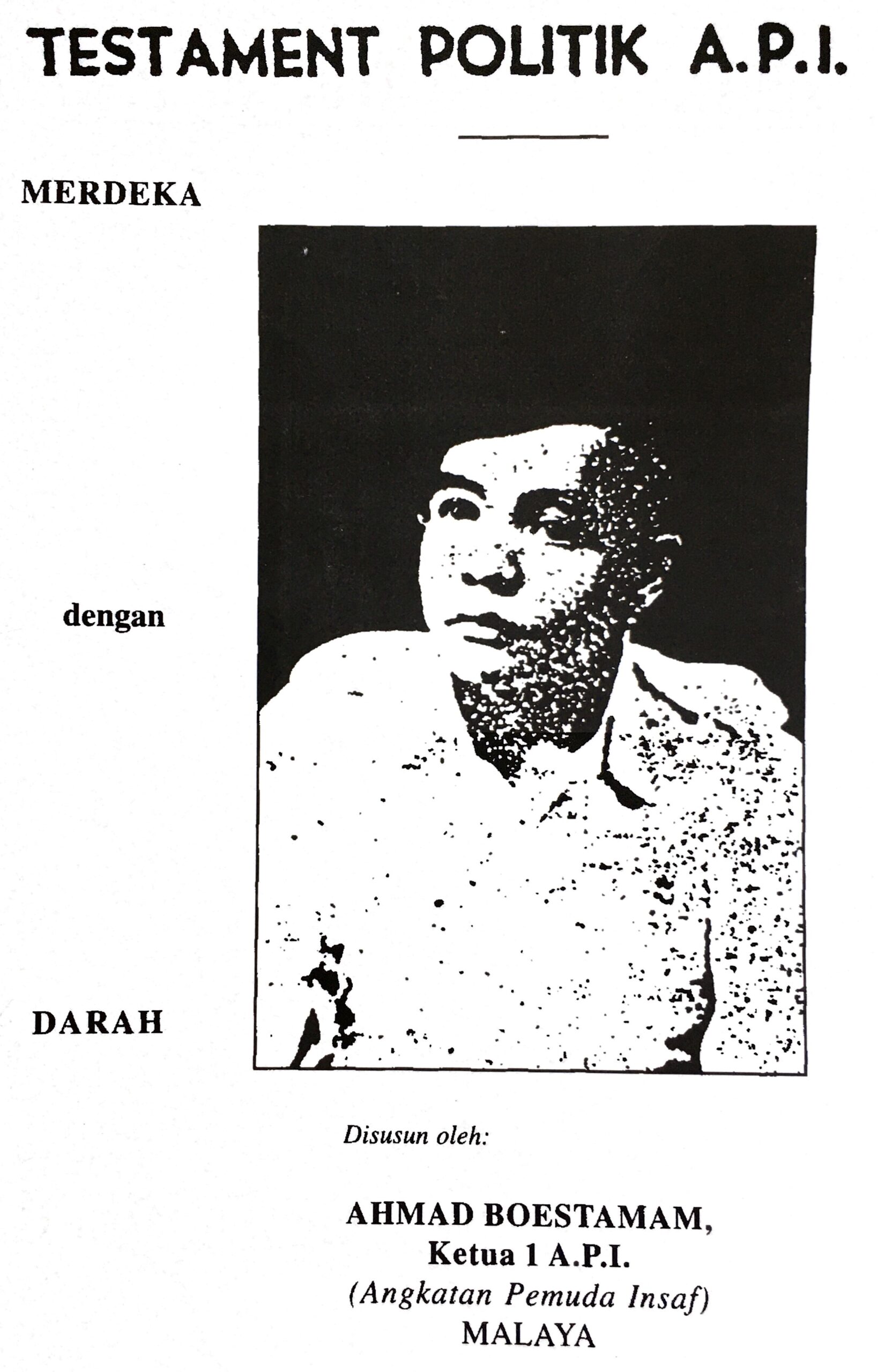
Independence with Blood: The Decolonial Vision of the Malayan Conscious Youth Movement's Political Testament
The Political Testament of API illustrates one of the manifestations of the yearning of the colonised to liberate themselves from the yoke of oppression — a yearning that has long been silenced. The Testament, which starts and ends with the slogan “Merdeka dengan Darah” (Independence with Blood), pays tribute to the anticolonial movements led by the youth around the world, in particular the anticolonial movement in Indonesia.
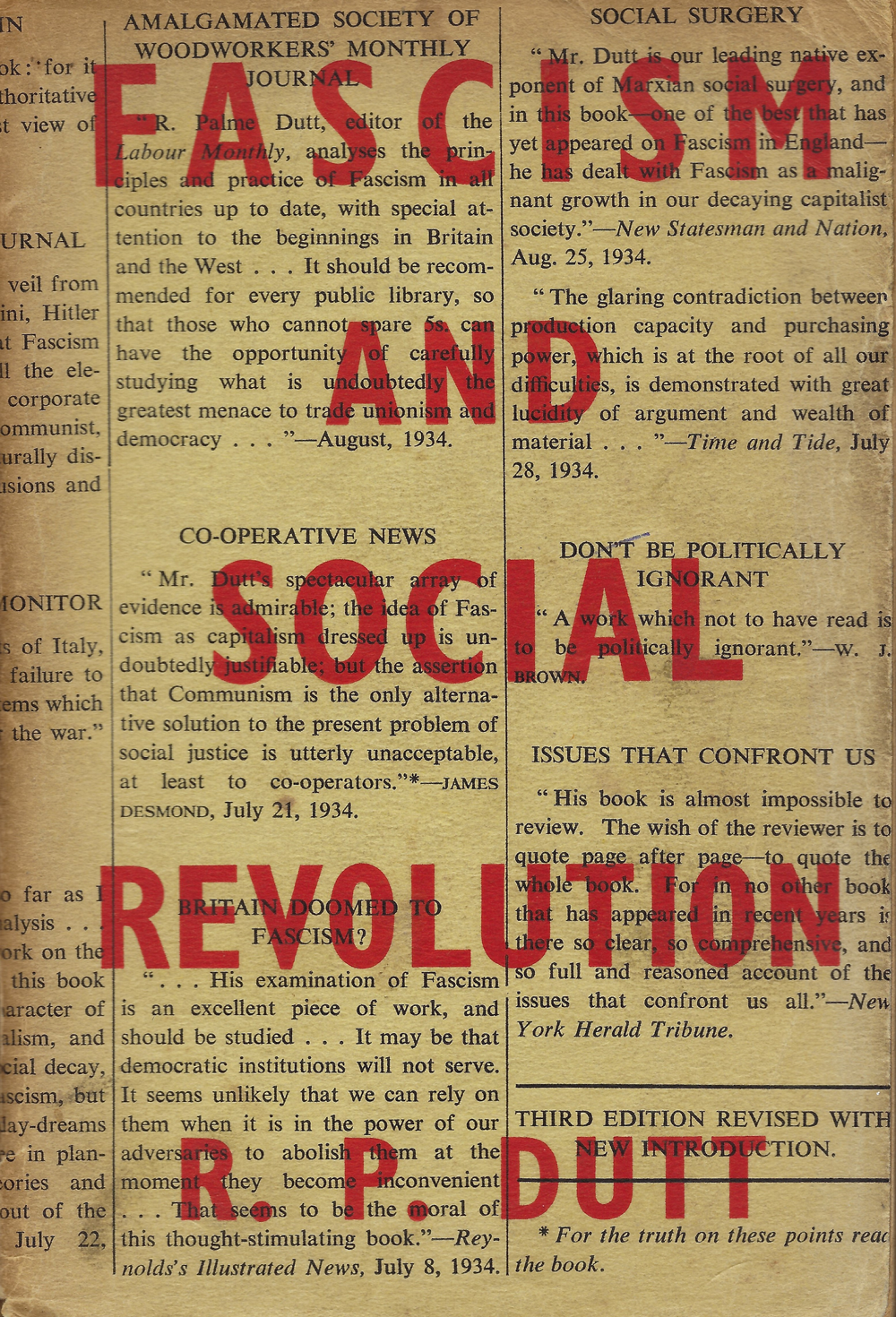
Fascisation as an Expression of Imperialist Decay: Rajani Palme Dutt’s Fascism and Social Revolution
While conventional accounts stress the exceptional character of fascism, owing to national and cultural peculiarities, when contextualised within the long history of European colonialism, the horrors of the 1930s-40s appear less of an aberration. As the son of a Bengali immigrant residing in the metropolitan heart of darkness, Dutt viewed the great social turmoil of the interwar years through an anti-colonial lens – the “alien eye” as he called it – and as early as 1923 he argued that
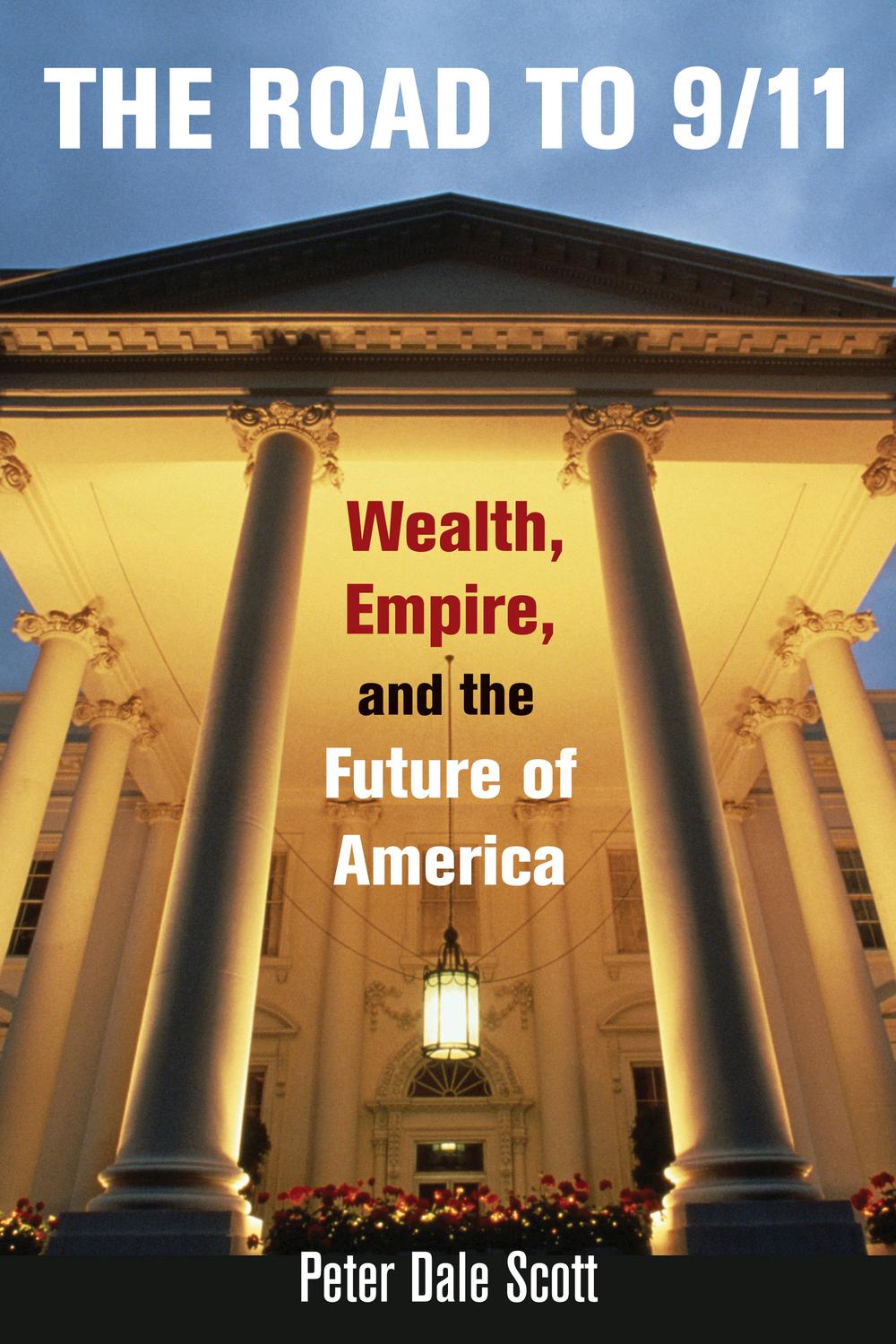
Imperialism and the Deep State: Peter Dale Scott’s The Road to 9/11 - Wealth, Empire, and the Future of America
Scott’s book provides a serious political history of how the long-term institutions of US rule were unleashed in new ways during the Bush presidency. His work on 9/11 can thus help us to place that era into a broader historical timeline of US imperialism.
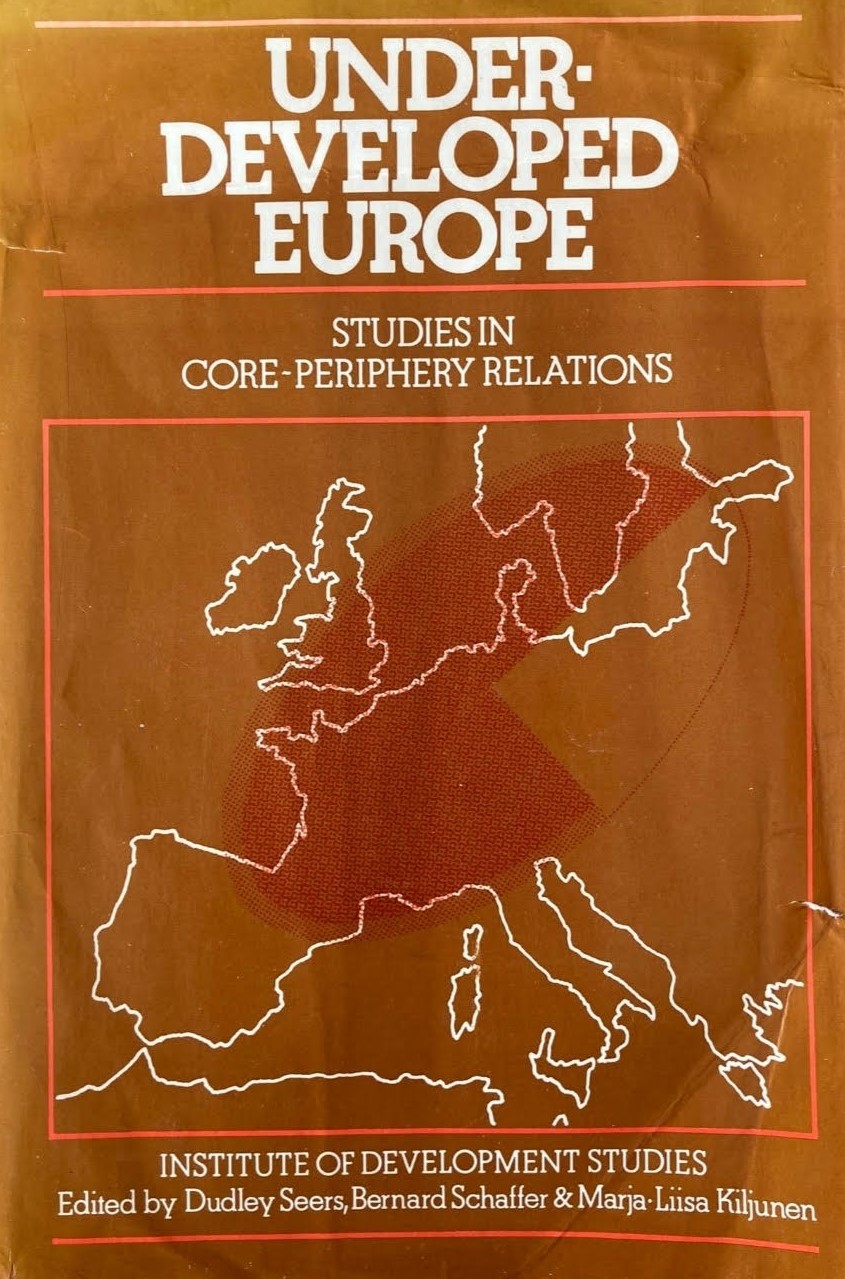
Entrenching Inequality: The European Dependency School's Underdeveloped Europe
The Eurozone, Refugee, and Brexit crises left many liberal commentators scratching their heads. The creation myth of the European Union (EU) holds that the institution helped create a continent of peace and prosperity from the ruins of the Second World War. Furthermore, the EU as a political and intellectual project was meant to have created a ‘cosmopolitan Europe’ whereby diverse countries would rally around a common cause and common interests. The EU, according to its official website holds values such as human dignity, democracy, equality, and human rights while
